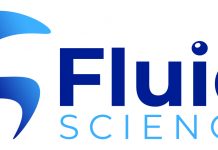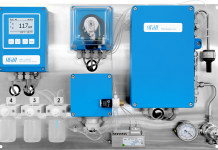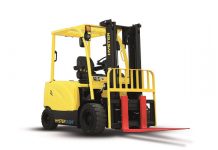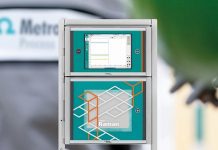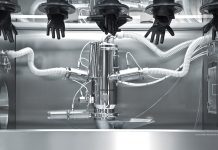Industry 4.0 has become a significant rallying cry across the globe. Emanating from Germany, the topic was proposed by the government as a digital strategy focus point for industries to provide a strategic advantage.
Equivalent government programs in other nations, including China, India, France, the UK, and the US, have also been launched and have all driven focus to the digital transformation topic.
From a news perspective, it feels like Industry 4.0 has been mainly part of the discrete manufacturing discussion. However, there are very strong opportunities in the chemical industry for digital transformation.
The notion of ‘loT size one’, or smaller, more customised batch sizes, offers ways for chemical producers to separate themselves from competitors and capture higher margins.
It is not new for chemical companies to invest in digital strategies; the level of investment in automation and safety has been significant in the past twenty-five years.
Yet, regarding the digital transformation of the overall business, there is still much work to be done. Manual processes, clip board data collection and Excel-based operations are clearly not efficient nor scalable.
Opportunity today exists in the digital connection from the customer and suppliers, all the way through production. Business networks are exploding, and transforming demand signals to automation is a clear opportunity. OT IT convergence is not just hype, it is a business reality.
As a clear constituent to the conversation, SAP is investing significantly in this topic, with the announcement of a $2B investment in SAP Leonardo, a new IOT brand and strategy.
As a leading business process supplier in the chemicals industry, SAP sees the opportunity to link Things with People and Processes.
The heavy investment in Leonardo will result in technologies that enable OT IT integration and applications that drive efficiency, leading to new business models for the industry.







